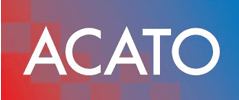Master ISO 9001 Audit Scheduling and Planning for Success
Master ISO 9001 audit scheduling and planning to ensure compliance and success. Learn effective strategies to streamline your audit process efficiently.
Master ISO 9001 Audit Scheduling and Planning for Success Read More »






